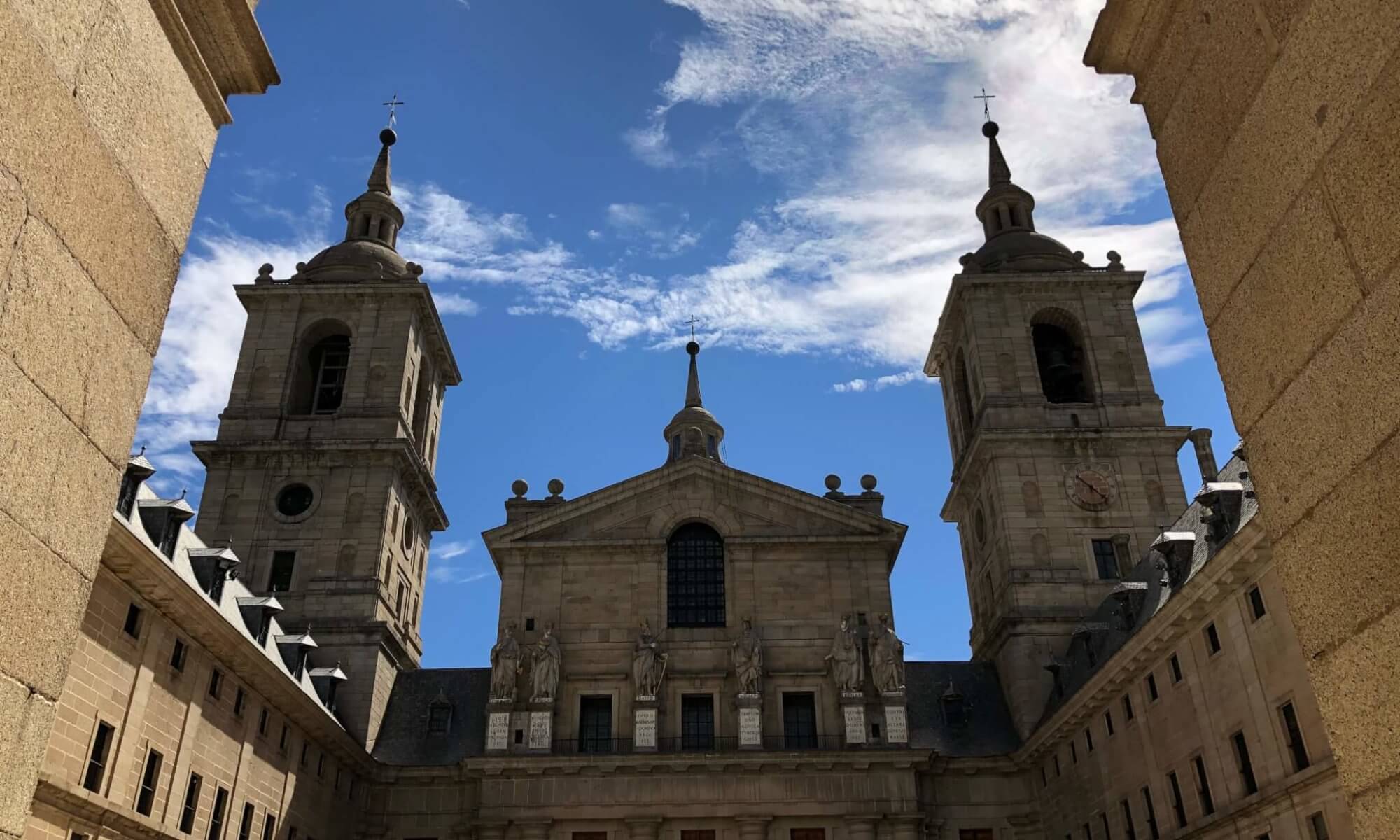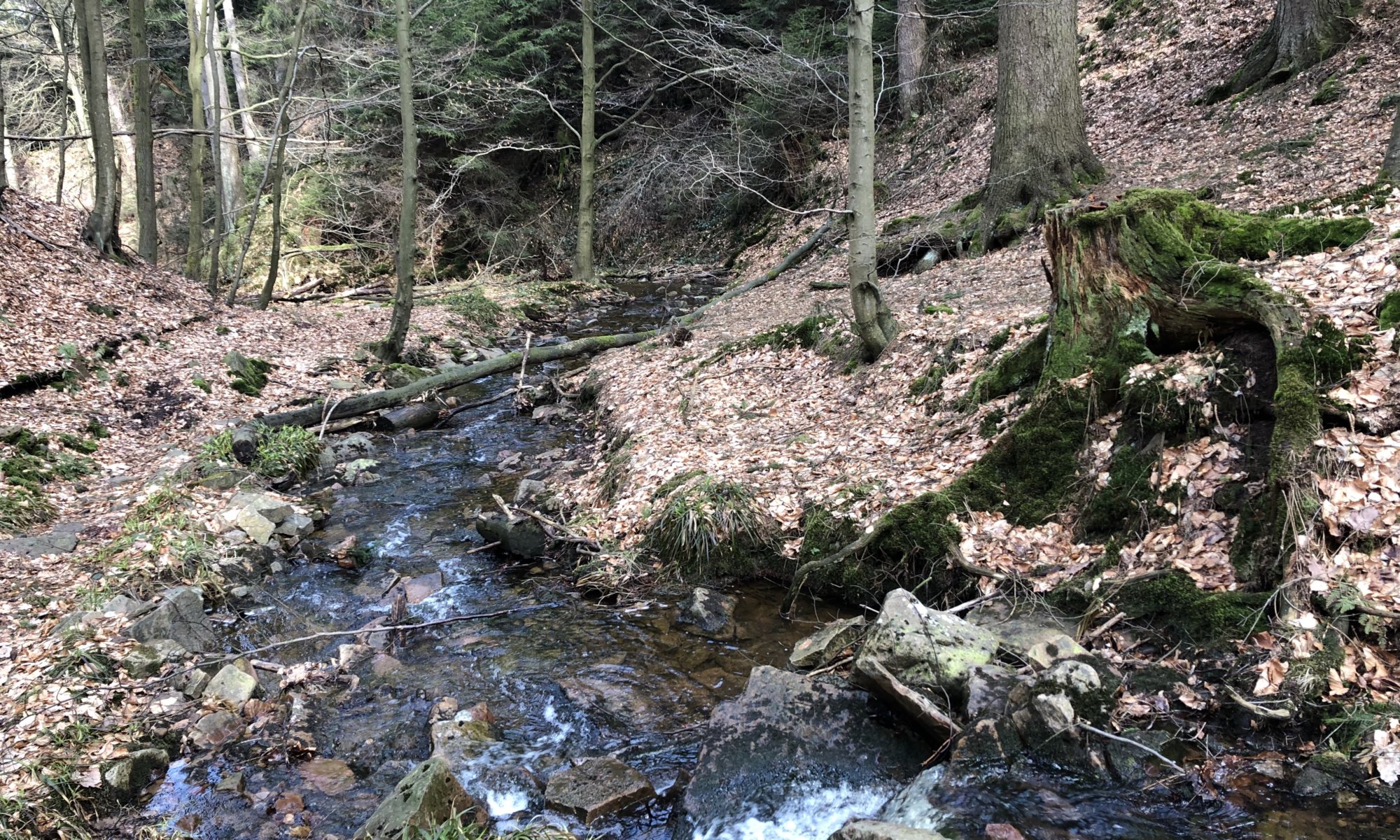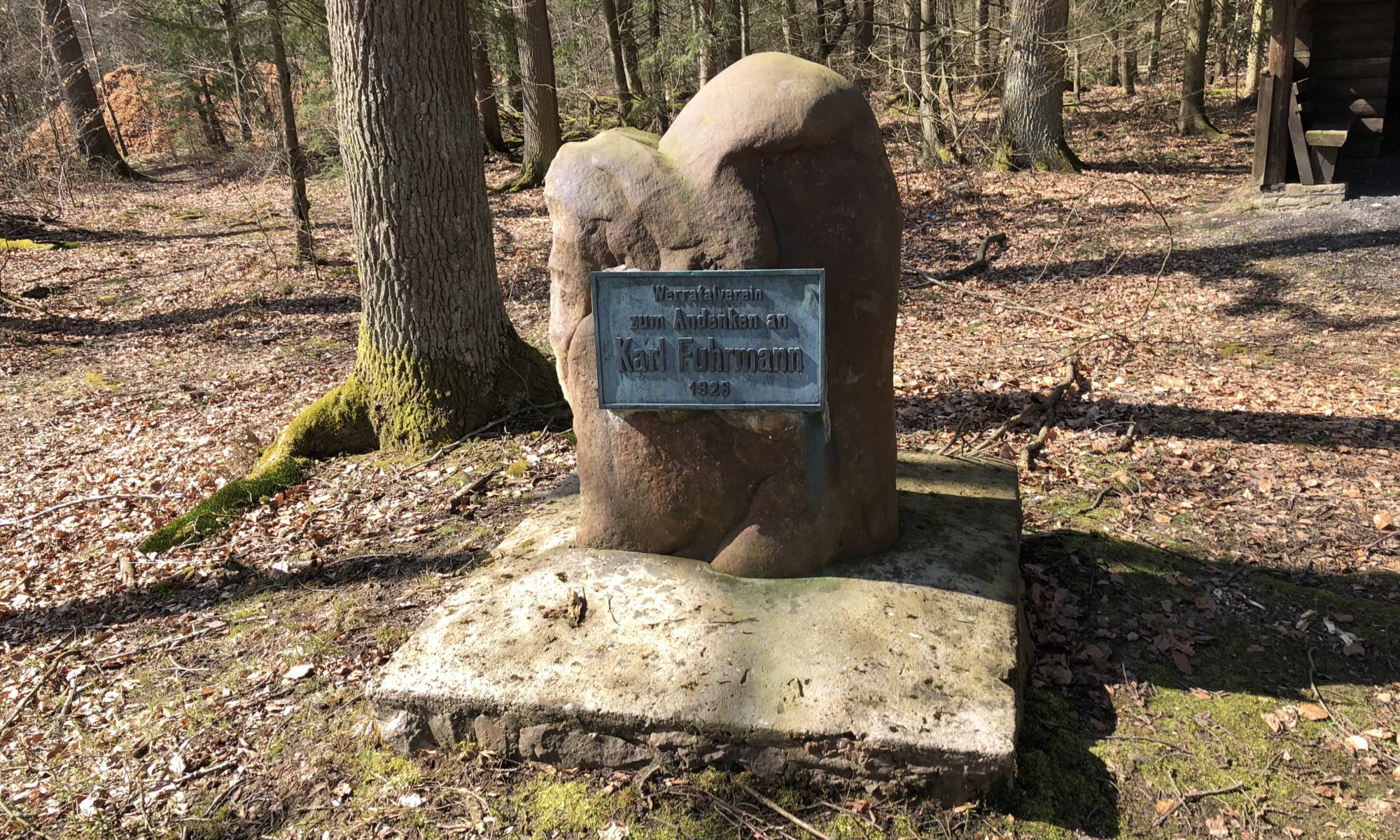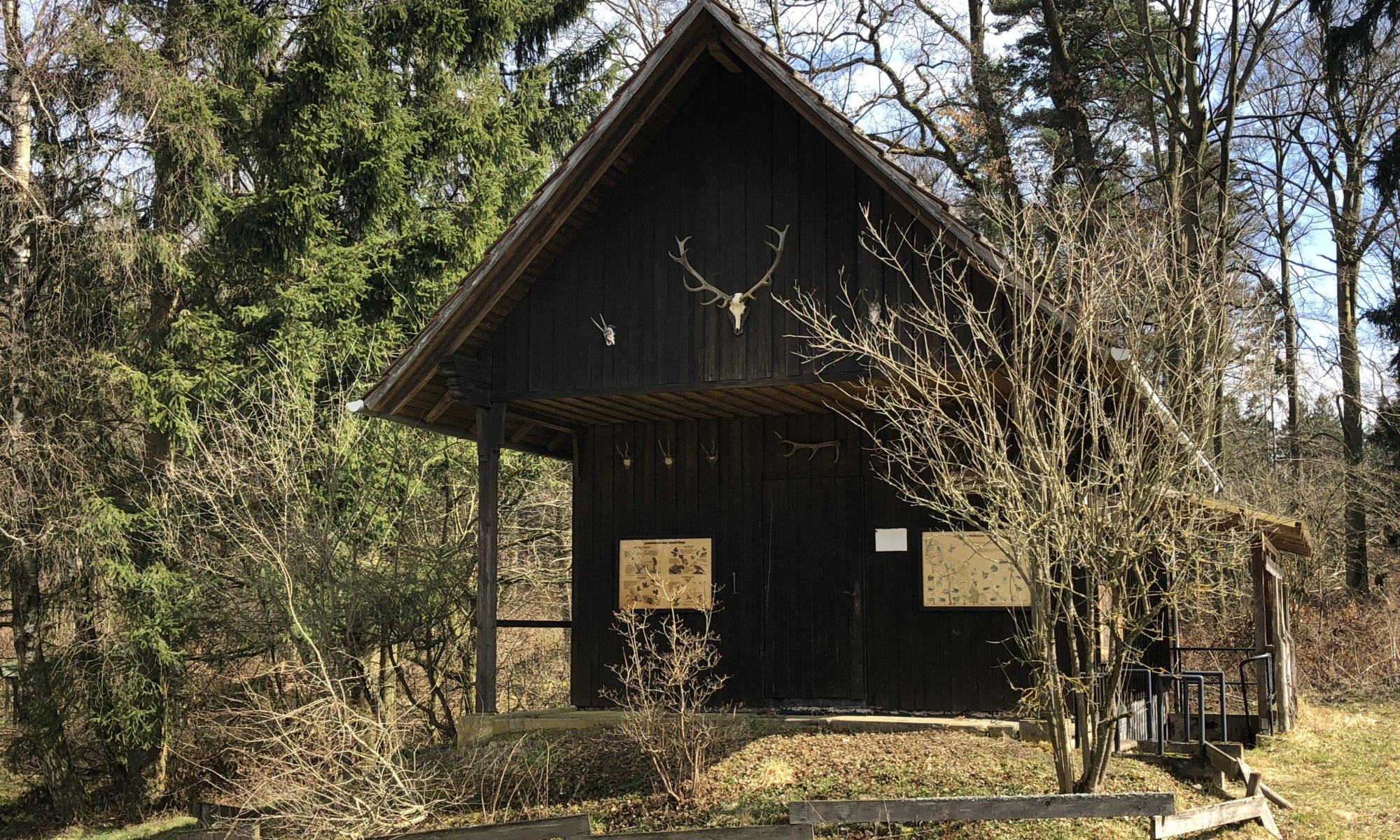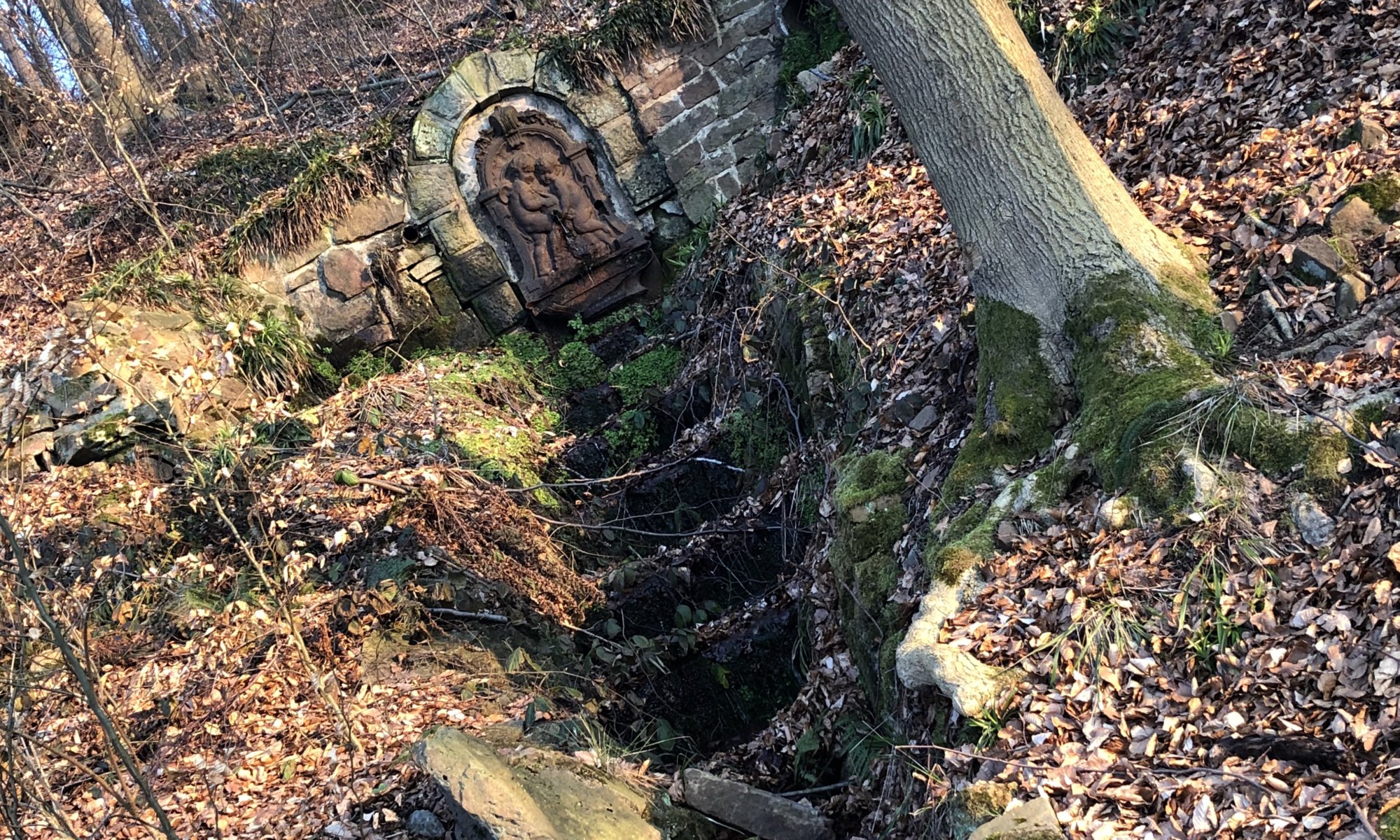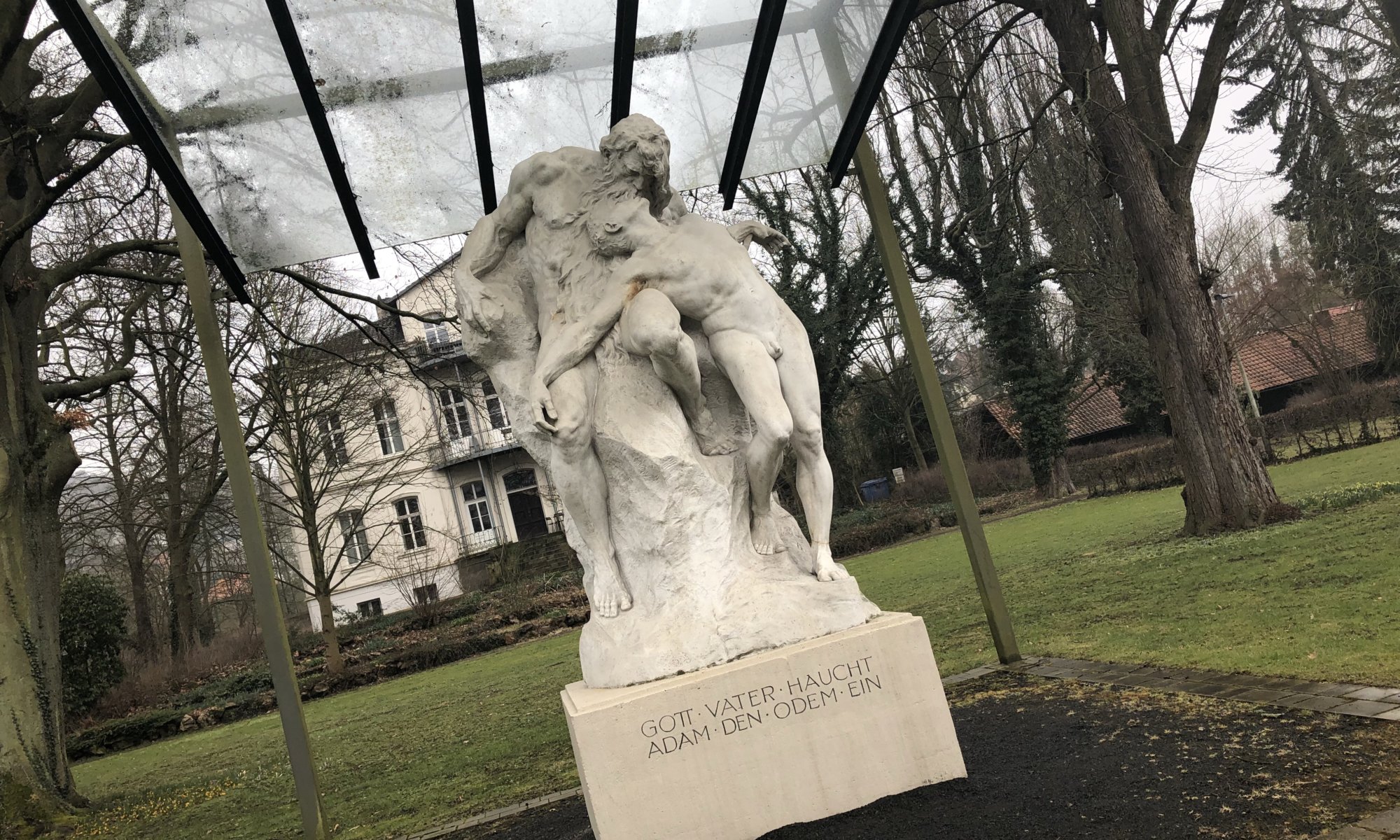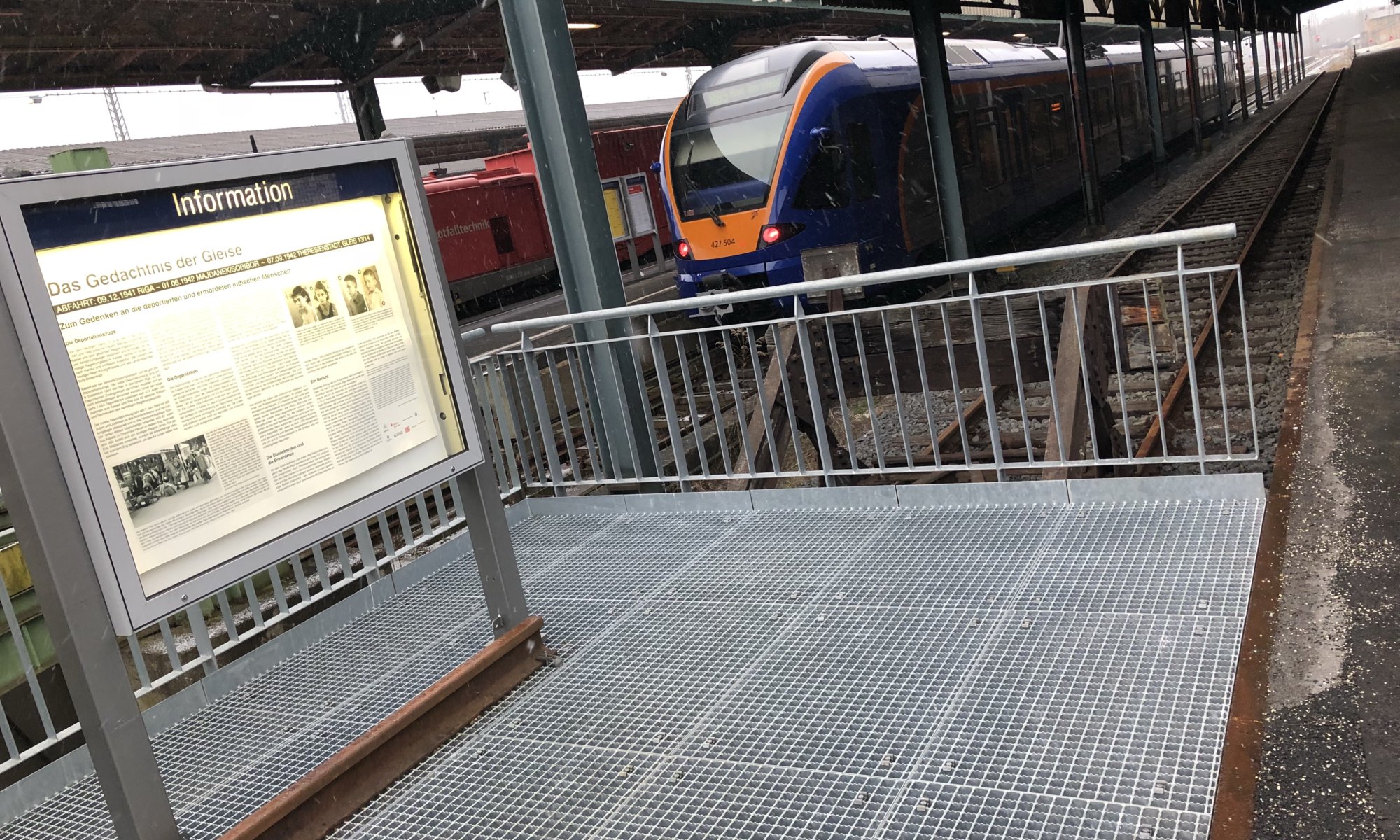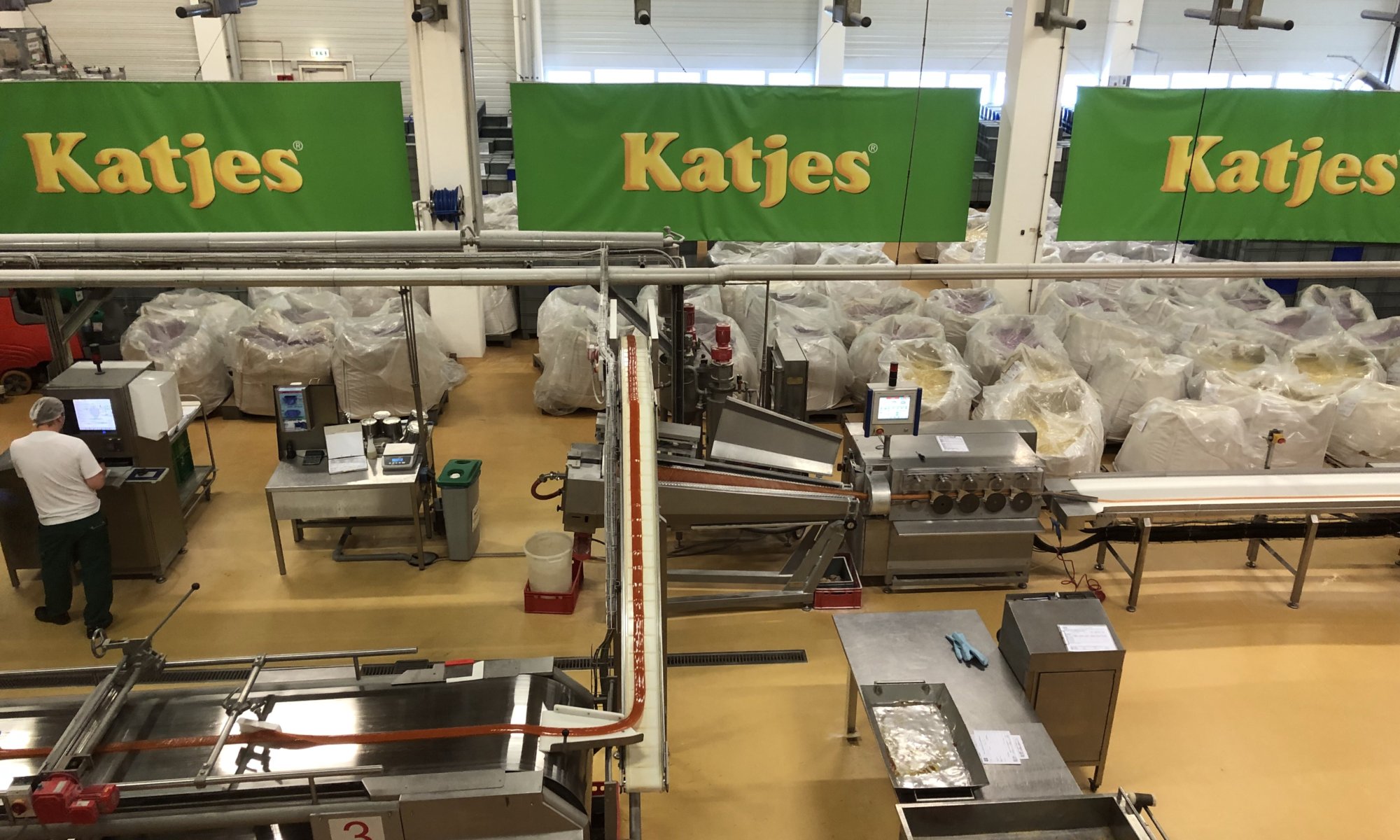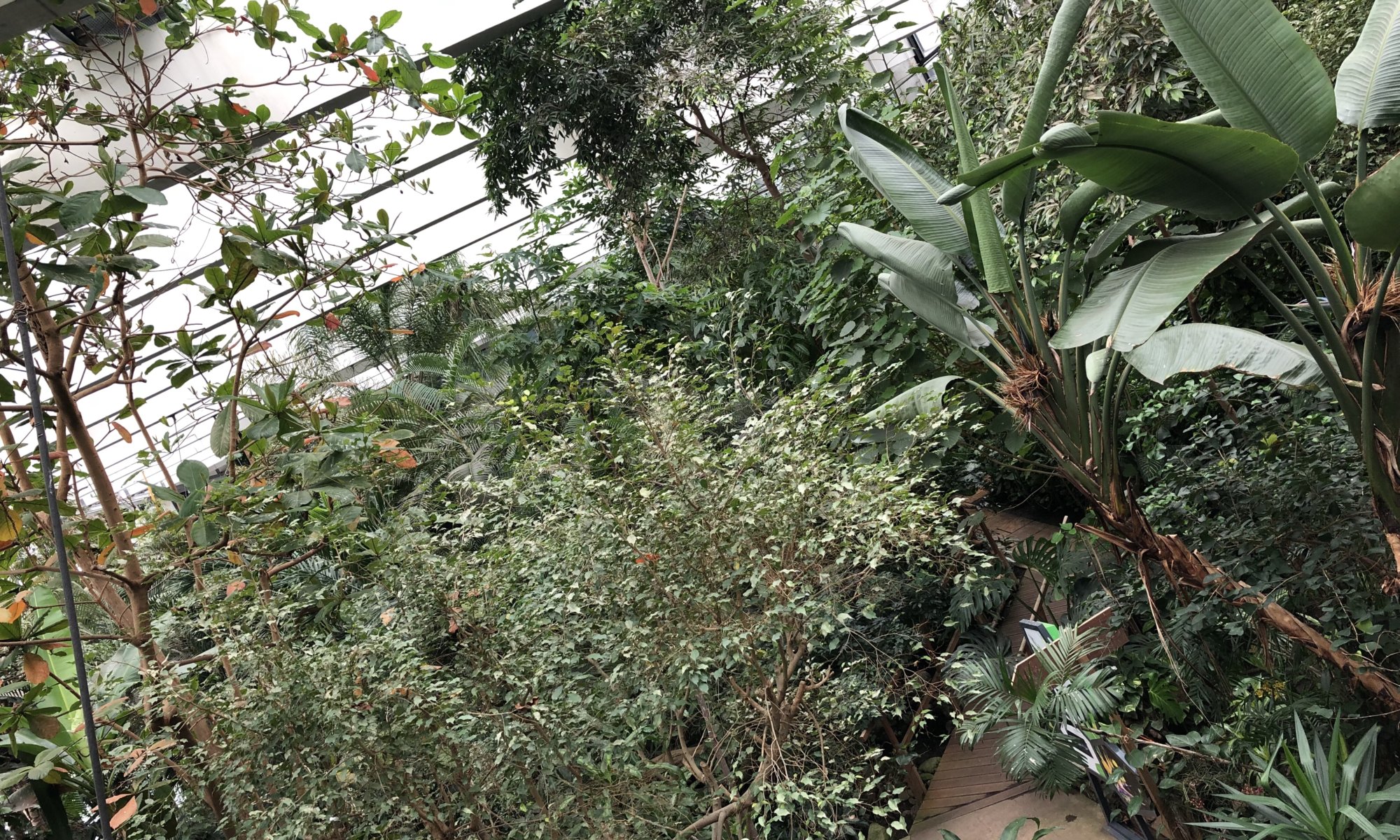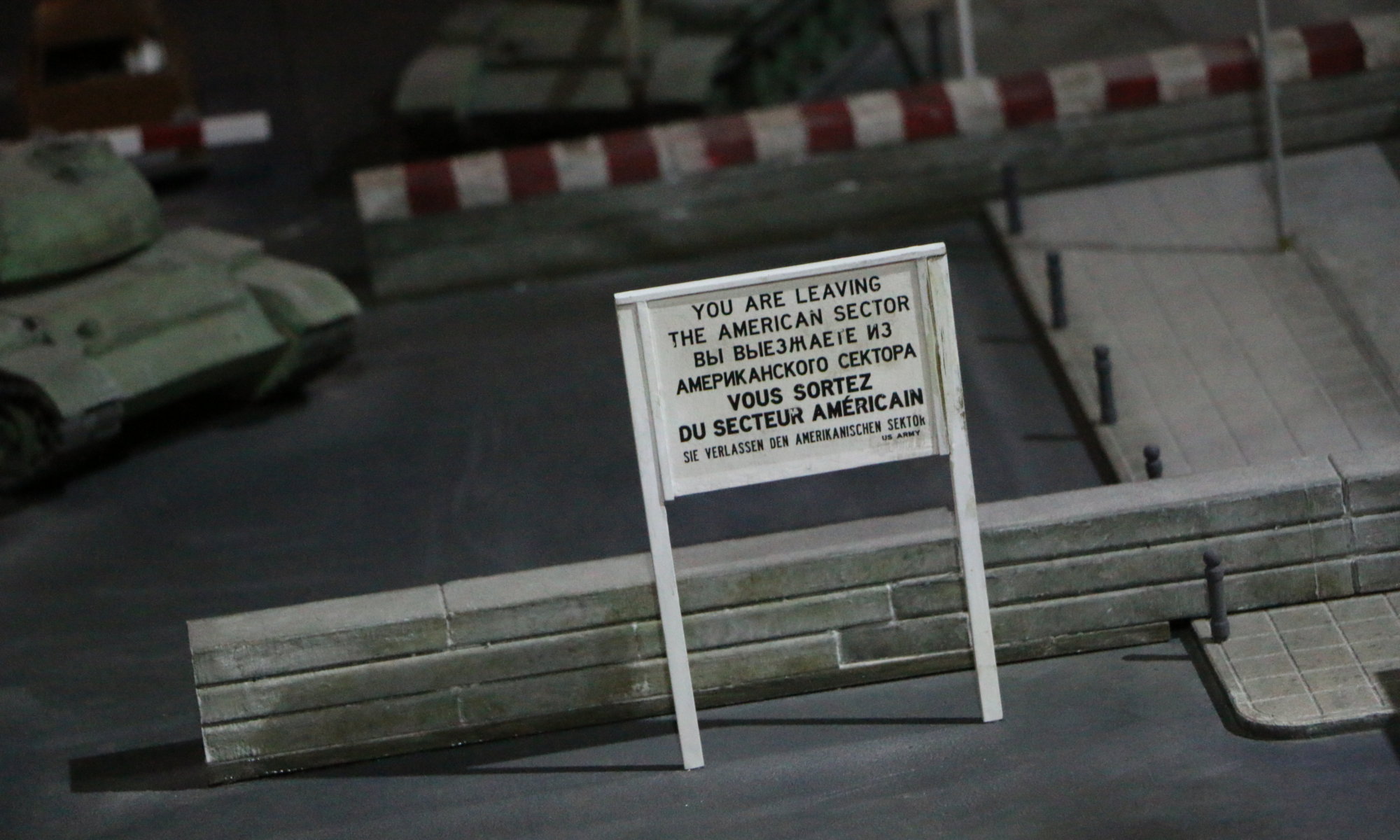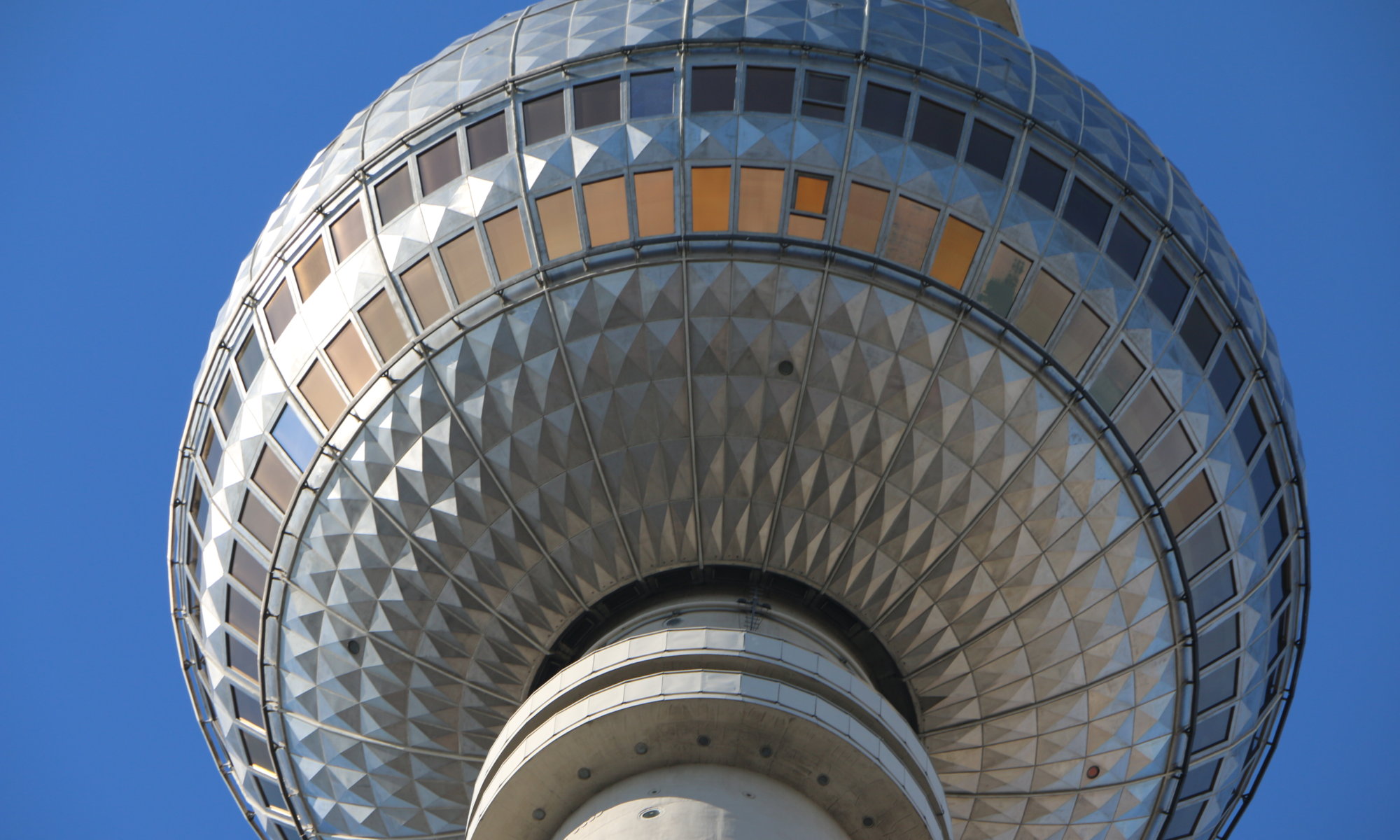One of the nicest walks I made near Hann. Münden, Germany! You can follow a small river from where it runs into river Werra up the hill to its sources. On the way there are small waterfalls, natural small ponds and you have to cross the river multiple times on improvised wooden and stone bridges.
Fuhrmannstein & Schutzhütte
The Fuhrmannstein is a rock placed at a crossroad in the forest near the Rinderstall in Hann. Münden, Germany. It has been placed there in 1926 in memory of Karl Fuhrmann. He was head of the local hikers association, owned a cigar factory and was the creator of the local youth hostel. Continue reading “Fuhrmannstein & Schutzhütte”
Wald- und Jagdmuseum
It is the smallest museum in Hann. Münden, Germany – the Wald- und Jagdmuseum (forest and hunting museum) next to the Rinderstall in the middle of the forest. It is just one room in a hut. But it contains a lot stuffed animals, mushrooms and information about the forest. Continue reading “Wald- und Jagdmuseum”
Rauschenbrunnen
Between the city boundaries of Hann. Münden, Germany and its externally located city quarter Bonaforth you can find the Rauschenbunnen – a small and unimportant well that must have meant something to somebody in earlier days. Otherwise the beautiful decoration and the stonework around it is not explainable. Continue reading “Rauschenbrunnen”
Prof. Eberlein
It is an artists who is tightly connected to the city of Hann. Münden, Germany – even though he wasn’t born and he didn’t die there: Prof. Gustav Eberlein. Hann. Münden became his hometown after his parents moved there and the citizens are still admiring him and his works. Continue reading “Prof. Eberlein”
Gedächtnis der Gleise
It is a memorial many people get close to every day without recognizing it: the Gedächtnis der Gleise (memory of the railway tracks) at the main railway station (Kulturbahnhof) of Kassel, Germany. I just discovered it by accident after using the railway station for two years twice a day.
Bonbon factory
In an industrial zone of Potsdam, Germany you can find the candy factory of Katjes (in Germany well-known for gummy bears, also vegetarian ones). Here you can get up to the first floor to watch one production line and see how candy is made. Continue reading “Bonbon factory”
Biosphäre
It was spring and the weather started to get better and more sunny. But then over night temperatures dropped and we woke up with a lot of snow in front of our hotel windows. For this day we had decided to go to the Biosphäre in Potsdam, Germany and that was a really good decision. It is a huge greenhouse with tropical plants, animals and tropical temperature. Continue reading “Biosphäre”
Tear down this wall
Little Big City Berlin is a miniature world telling the history of Berlin, Germany. It is located in the basement of the Fernsehturm (entrance on the back side) and I was a bit unsure whether this is a good place to visit. That was mostly because they have a too good marketing concept which made me suspicious. Continue reading “Tear down this wall”
High above Berlin
The Fernsehturm of Berlin, Germany is visible from nearly everywhere in the city. And if you want you can get easily by elevator into the giant ball in the sky and watch the German capital from up above. Until today I didn’t meet too many locals or foreigners that went up – but now we tried this experience. Continue reading “High above Berlin”
